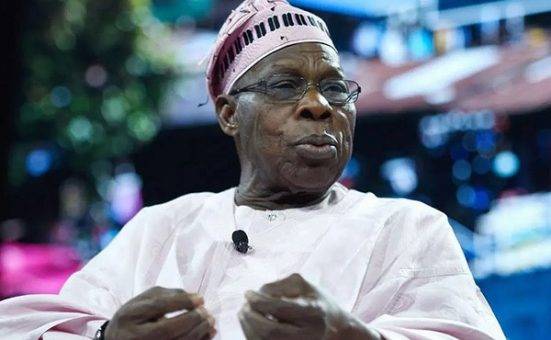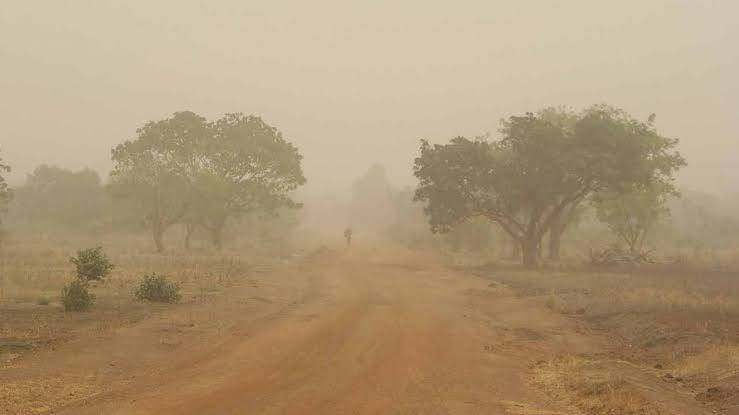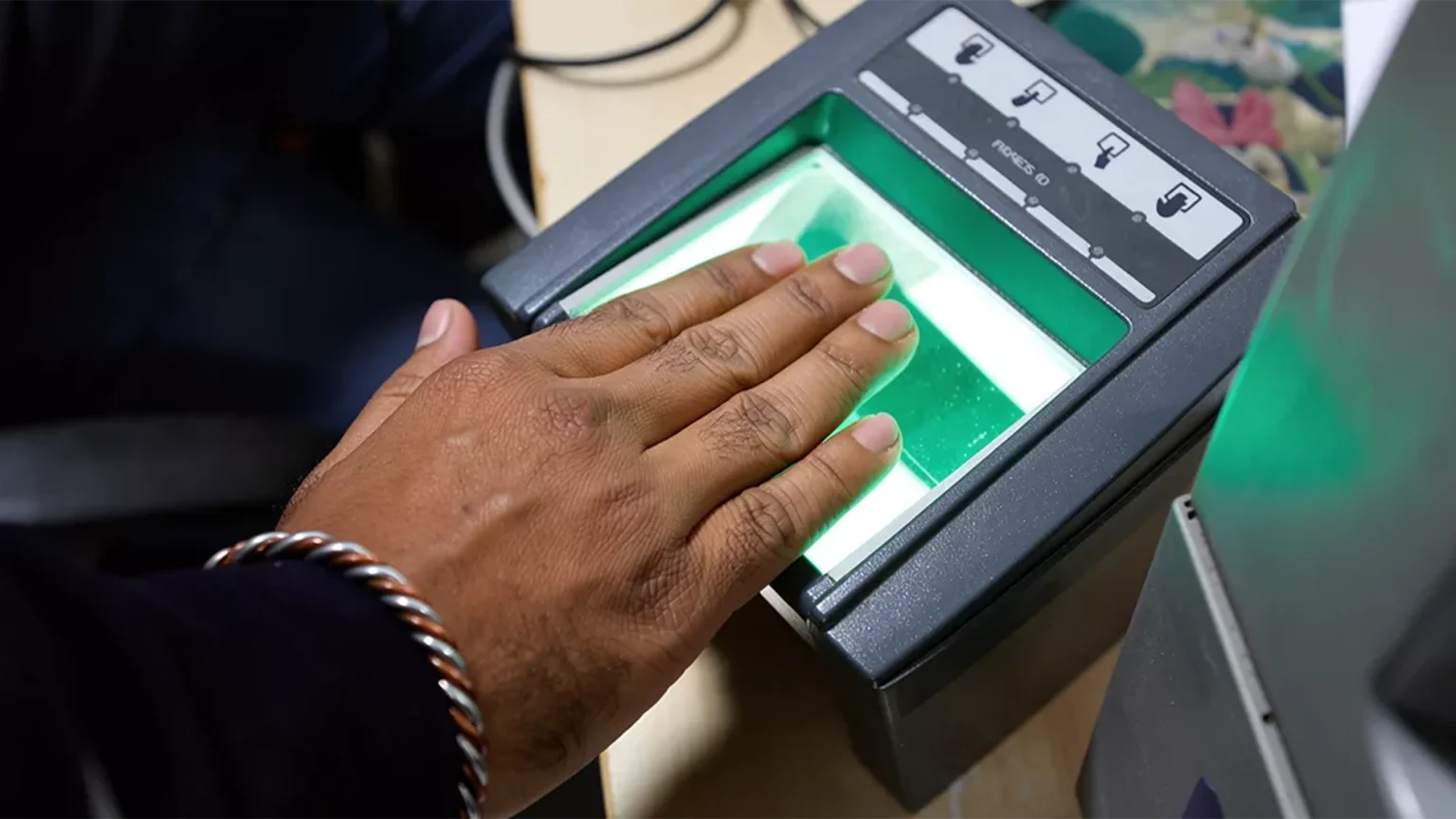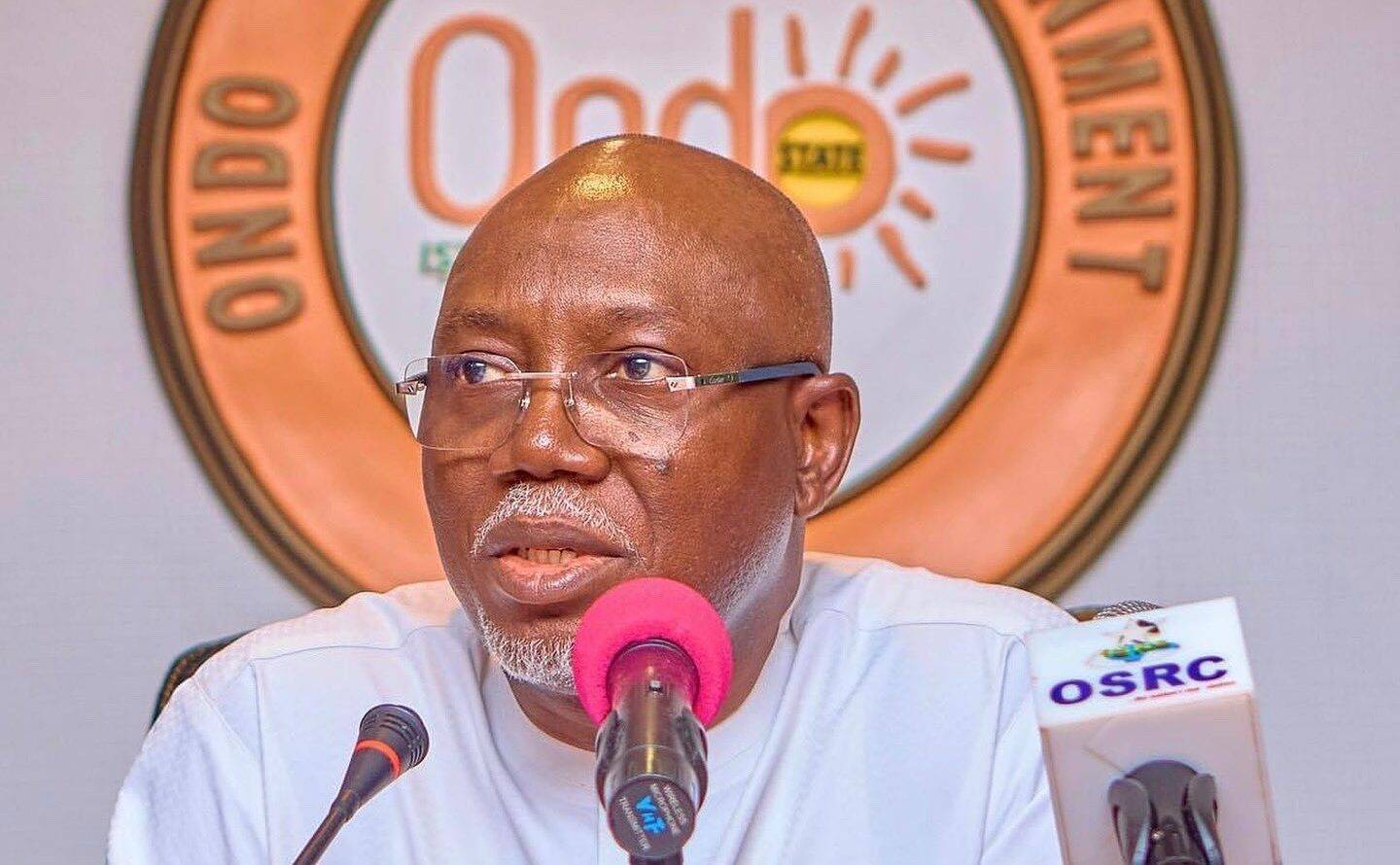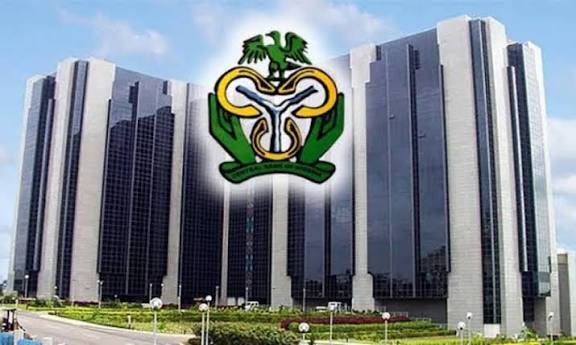By Jide Osuntokun
General Olusegun Obasanjo came back to power in 1999 when General Abubakar Abdul Salami after a rapid transition and transfer of power to what looked like a civilian regime. Obasanjo appeared to be divinely chosen to impose some form of disciplined stability on the country having suffered and survived Abacha’s humiliation and possible plot to get rid of him permanently, but the problem however strong he might have been, seemed to defy solution. He assembled a team of experienced people some of them with global financial experience and expertise and also local experience. He succeeded to get rid of the debt overhang that made reforms difficult. He also brought into being special anti-corruption organizations like the Independent Corrupt Practices Commission (ICPC) and the Economic and Financial Crimes Commission (EFCC). There were other fighting instruments in the police and other bodies but the two new committees were established to give teeth to the president’s fight against corruption. The president also got a reduction of Nigeria’s external debt by substantial reduction while paying off what was left so that Nigeria could begin all over again. In the eight years of the regime, all seemed well even though the internal infrastructure of the country appeared to have been neglected and in the euphoria of not having been bogged down by the debt overhang, the president seemed to have been obsessed with getting the whole of Africa along with his development scheme with his South African colleague Thabo Mbeki forming institutions to pull Africa toward development.
Ironically the scheme was tied substantially to western financial development grants and foreign direct investment if Africa cleaned up its administrations, purged of corruption and policed by African governments calling corrupt regimes to order. This was to be called New Partnership for African Development (NEPAD) which was to ensure the flow into Africa of billions of dollars. Some $60 billion was estimated as what Africa needed in investment and grants to develop its primitive infrastructure.
It was premised on Africa attracting this huge amount for ten years. At the end of one year, little came in since the capitalist western world must have laughed at this ambitious program running into billions of dollars yearly for say about 10 years to develop African infrastructure while African Peer Review Mechanism (APRM ) was designed to monitor each country’s performance and call to orders the guilty or laggard.
Much time was needed for the maturation of this grandiose new scheme. Not much investment came in the first year and soon the program ceased being a serious scheme as soon as Obasanjo and Mbeki left the stage followed by a sick but well-meaning Umaru Yar’Adua in Nigeria.
He was succeeded in office following a national movement led by Pastor Tunde Bakare that Yar’Adua’s vice president Goodluck Jonathan should be made to succeed the deceased President Umaru Yar’Adua. The Jonathan regime’s unsure hold on power made it dependent on pressure groups mostly from the East and the North without solid national support until edged out in 2015 by General Muhammadu Buhari whose eight years of its stay in power was remarkable for its corruption, effeteness and additional burden for the future by borrowing foreign loans with little to show for them. The president was not in control of his government because he was hobbled down by illness and constant traveling to London sometimes for months.
It is too early to pass judgement on the Bola Ahmed Tinubu government except to say if it succeeds on its infrastructure drive of building trans-Nigerian roads from Lagos to Calabar and Badagry to Sokoto, it would have made serious impact on the economic development where its current record of stabilizing the national economy and the Naira marks a great departure from the free fall of the economy during the Muhammadu Buhari era. There is however the challenge of making this macro-economic success translate into micro-economic success and money in the pockets of Nigerians.
Unfortunately the two recurring decimals of corruption and tribalism are as high as in previous years. There is also an attempt to create regional bodies to diffuse more power from the centre to the periphery but it is on top of the 36 states and the 774 local governments administration areas creating another layer of administrative organs in already over bureaucratized country all dependent on federal funding and whose staffing demonstrate all the signs of political jobbery. What this shows is that there is a need for wholesale review of the present constitution to move away from the concentration of power into the hands of a pooh-bah in a plural country. There is so much emphasis on politics in this country and little or no emphasis on the economy.
There is ever a thriving discussion on sharing of the national cake and very little discussion on baking the cake and yet it is clear to all intelligent observers that if we expand the economy and there is work for those who want to work, it would not matter who occupies what office because people will be too tired after work that what they need is rest after a hard day’s work. What we have in today’s Nigeria is that we abdicate the demands for work and pray for breakthrough in our churches and mosques and we talk about making heaven when we have not made a much easier success on earth!
The founder of the CITADEL Church publicly presented a plan for economic development for this country in which he emphasized the role of Biblical Joseph in saving ancient Egypt at the time of global famine. It was based on dividing the country into economic zones and each zone producing on the basis of economic advantages. It made so much impression on me that I hope the managers of our economy would factor it into their plan for economic revival of our country. There is much to be done in this country and little time left for us to do it. We should learn from countries like India, Russia and Canada whose vast territories and complex linguistic diversity did not hinder their development and countries like Germany and Japan which were destroyed by the Western allies during the Second World War and having no natural resources but depending on the grey matter of their people and their grit and determination, pulled out of economic ruin because they paid more attention to merit than any other consideration.
Nigeria is not devoid of this and we owe it to our people and those coming after us that there is nothing wrong with our stars but only with us. We can do it only if we plan to succeed. We may be an artificial country yet most countries are like us, there are very few countries that were created naturally. Think about this.
Finally I have decided to leave the issue of our country’s relevance in the comity of nations till the last on the basis of the fact that a country’s foreign policy, power or influence is linked with how the country is doing at home; in other words, there is a link between the domestic power of a country and its influence abroad. When Nigeria fought the civil war, substantial portions of the international community were appalled at the suffering of children, women and the elderly. The French under General Charles de Gaulle was so touched that but for the British pressure, France would have recognized Biafra.
The British were on Nigeria’s side because of the economic ties between Britain and Nigeria and the influence Nigeria‘s presence in the Commonwealth of nations. But for British influence on our side, President Richard Nixon of America would have swung to the side of Biafra because of the powerful influence of Biafran propaganda in the west. The Egyptian pilots who flew the MIG29 jets sold to us by the Russians were probably driven by Islamic motive. Whatever were the motives of each nations involved in the Nigerian-Biafran civil war, the underlying work of diplomats was very important. It is true that global communication advances are eroding the traditional influence of diplomatic representations but we must not completely cut off ourselves from showing the flag where it truly matters. The current economic situation in our country may not make full diplomatic representation at the highest level wise but we can rationalize our representation to our traditional trading partners and to the capitals of the greatest powers in the world starting from the capitals of all members of the Security Council of the United Nations and to the UN itself. We can reduce the crowd of representatives in African countries and have double representation – accreditation in most of them on regional basis.
I do not believe that we should leave all our embassies manned by charge d’affaires ad interim. It sends the wrong signals that our country is bankrupt and cannot be taken serious by economic actors where it really matters. At our level of development, we cannot afford to be taken as a basket case.
The reasons why the Tinubu administration does not have principal representatives of the country is understandable but not overwhelming. Our African brothers are beginning to lose interest in us and we cannot afford this at the same time we are batting for influence in the world and claiming that a reformed UN must have African representation on the UN Security Council. We have put our country forward as the natural African leader. We have to work to earn the leadership of Africa and the Black world.


